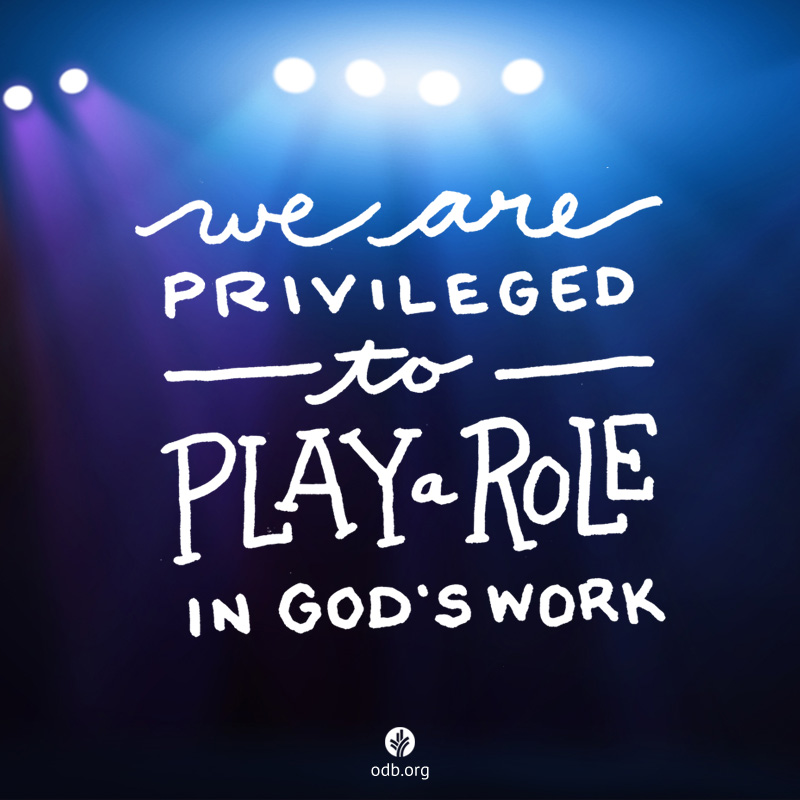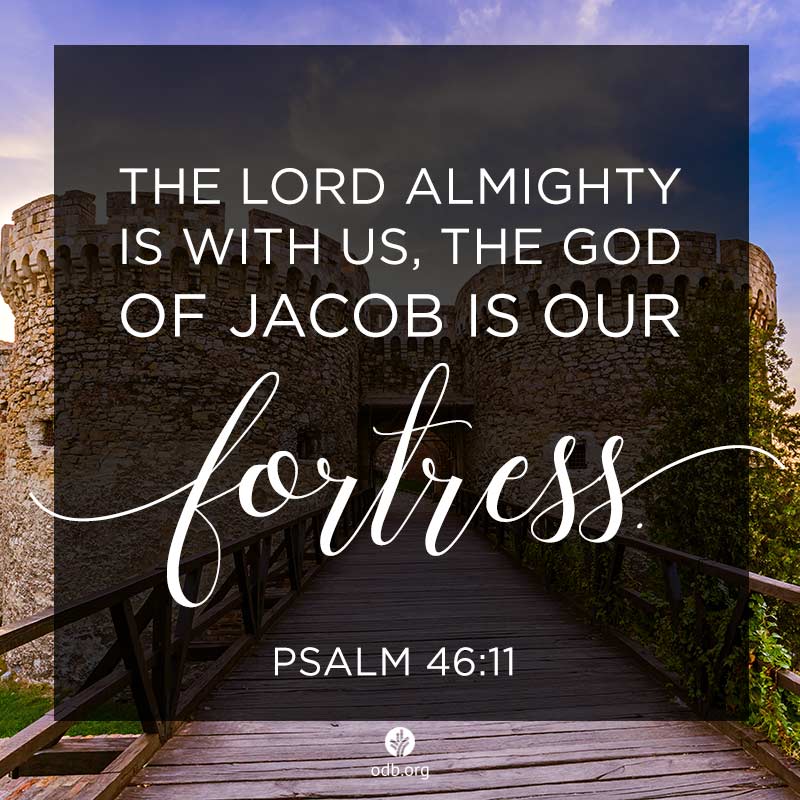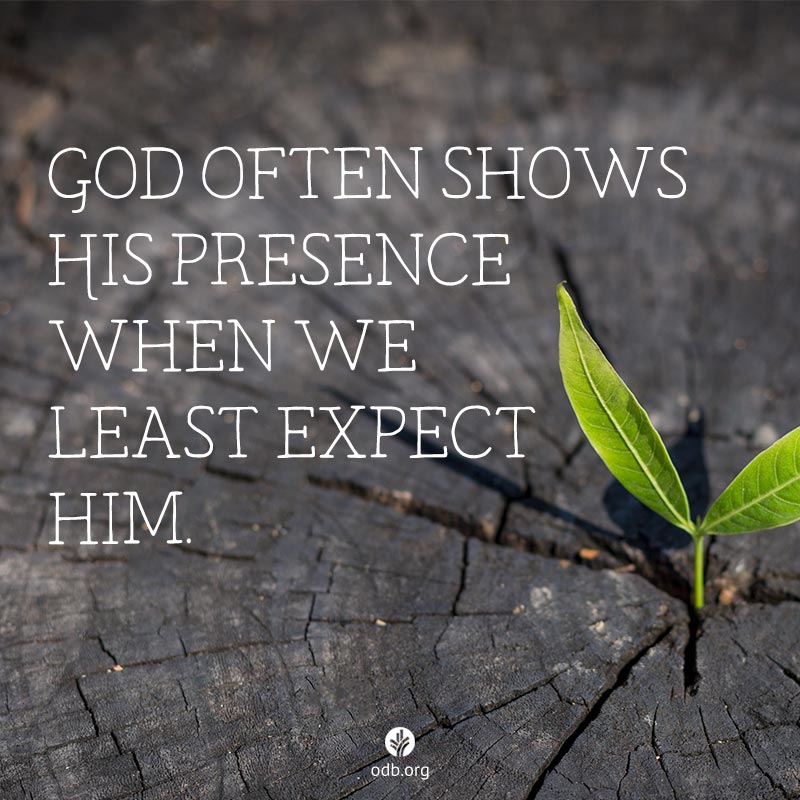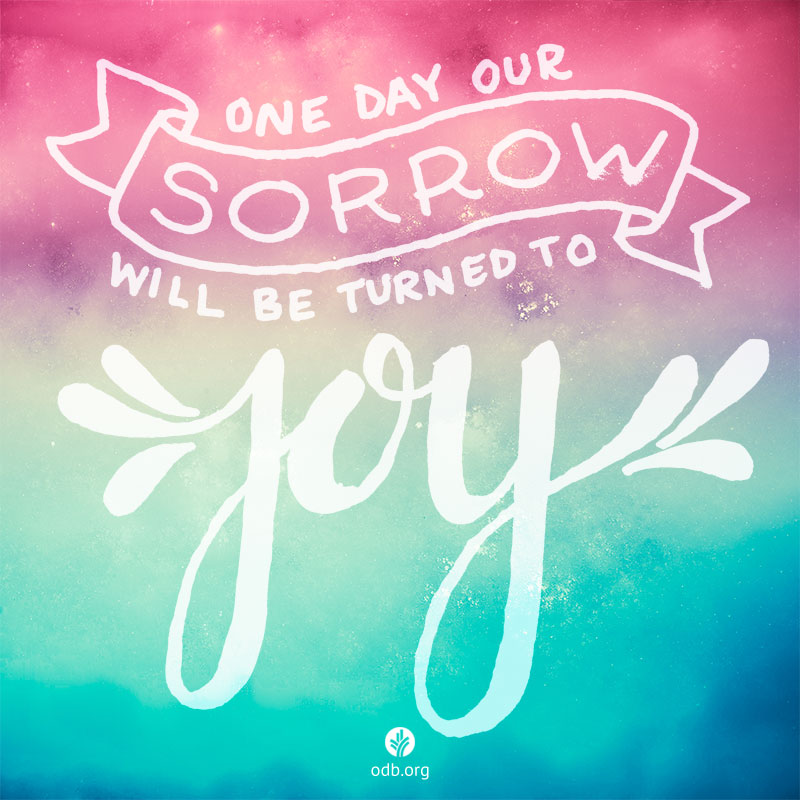Our Guilt Is Gone
As a young girl, I invited a friend to browse with me through a gift shop near my home. She shocked me, though, by shoving a handful of colorful crayon-shaped barrettes into my pocket and yanking me out the door of the shop without paying for them. Guilt gnawed at me for a week before I approached my mom—my confession pouring out as quickly as my tears.
Grieved over my bad choice of not resisting my friend, I returned the stolen items, apologized, and vowed never to steal again. The owner told me never to come back. But because my mom forgave me and assured me that I had done my best to make things right, I slept peacefully that night.
King David also rested in forgiveness through confession (Ps. 32:1–2). He had hidden his sins against Bathsheba and Uriah (2 Sam. 11–12) until his “strength was sapped” (vv. 3–4). But once David refused to “cover up” his wrongs, the Lord erased his guilt (v. 5). God protected him “from trouble” and wrapped him in “songs of deliverance” (v. 7). He rejoiced because the “L
We can’t choose the consequences of our sins or control people’s responses when we confess and seek forgiveness. But the Lord can empower us to enjoy freedom from the bondage of sin and peace through confession, as He confirms that our guilt is gone−forever.

Ripe for Harvest
In late summer, we went for a walk in the New Forest in England and had fun picking the blackberries that grew in the wild while watching the horses frolicking nearby. As I enjoyed the bounty of the sweet fruit planted by others perhaps many years before, I thought of Jesus’s words to His disciples: “I sent you to reap what you have not worked for” (John 4:38).
I love the generosity of God’s kingdom reflected in those words. He lets us enjoy the fruits of someone else’s labors, such as when we share our love for Jesus with a friend whose family—unbeknown to us—has been praying for her for years. I also love the implied limits of Jesus’s words, for we may plant seeds that we will never harvest but someone else may. Therefore, we can rest in the tasks before us, not being hoodwinked into thinking that we are responsible for the outcomes. God’s work, after all, doesn’t depend solely on us. He has all of the resources for a bountiful harvest, and we are privileged to play a role in it.
I wonder what fields ready for harvest are before you? Before me? May we heed Jesus’s loving instruction: “Open your eyes and look at the fields!” (v. 35).
Have you read today's Scripture insight?
Swipe right on the Our Daily Bread reading for today's Insight

Be Still
“We’ve created more information in the last five years than in all of human history before it, and it’s coming at us all the time” (Daniel Levitin, author of The Organized Mind: Thinking Straight in the Age of Information Overload). “In a sense,” Levitin says, “we become addicted to the hyperstimulation.” The constant barrage of news and knowledge can dominate…

The Turn
As the minister spoke at a funeral for an old military veteran, he mused about where the deceased might be. But then, instead of telling the people how they could know God, he speculated about things not found anywhere in Scripture. Where is the hope? I thought.
At last he asked us to turn to a closing hymn. And as we rose to sing “How Great Thou Art,” people began to praise God from the depths of their souls. Within moments, the spirit of the entire room had changed. Suddenly, surprisingly, in the middle of the third verse my emotions overwhelmed my voice.
And when I think, that God, His Son not sparing,
Sent Him to die, I scarce can take it in;
That on the Cross, my burden gladly bearing,
He bled and died to take away my sin.
Until we sang that great hymn, I had wondered if God was going to show up at that funeral. In reality, He never leaves. A look at the book of Esther reveals this truth. The Jews were in exile, and powerful people wanted to kill them. Yet at the darkest moment, a godless king granted the right to the enslaved Israelites to defend themselves against those who sought their demise (Est. 8:11–13). A successful defense and a celebration ensued (9:17–19).
It should be no surprise when God shows up in the words of a hymn at a funeral. After all, He turned an attempted genocide into a celebration and a crucifixion into resurrection and salvation!

